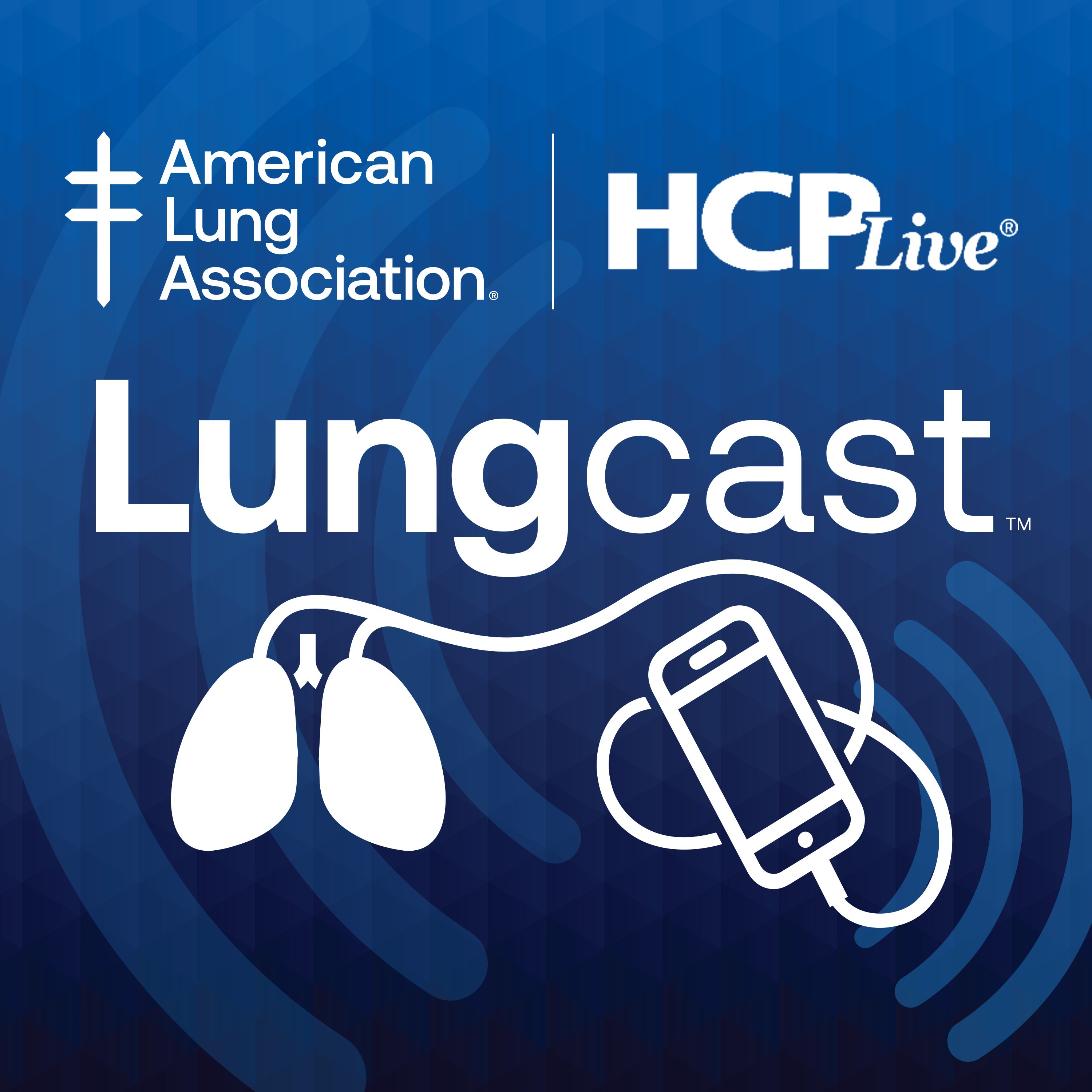Video
Mental Health and Sickle Cell Disease
Author(s):
A discussion on the importance of mental health awareness and utilization of mental health resources in sickle cell disease, given the statistics of the disorder.
Ifeyinwa Osunkwo, MD, MPH: There are data out there on life expectancy that people with sickle cell disease have to see and wonder, “Is that me?” How do you have that conversation with your patients? Cassandra said middle school, and she’s no longer in middle school, but the data haven’t changed that much from the overall statistics that are out there. How do you discuss with somebody that their life expectancy may be in their 40s?
Wally Smith, MD: The most optimistic way to approach this is to talk about the 40-year-old who was told they were going to die when they turned 20. That happened. In the 1970s, ’80s, and ’90s, the textbooks said that the life expectancy was 20 or 25 years of age. The parents were told, “Don’t plan for adulthood for your child. They’re not going to make it.” There are patients who are feeling as if they beat death. They feel because they made it to 40, they beat death. They have outlived what the doctors said was going to happen, and they have a very optimistic view in that way. Every day is a new day, a precious gift.
But then there is a group of people who have a sense of impending doom. The sense of doom comes when you have a crisis or when something happens to you medically and you’re in the hospital. While you’re in the hospital or maybe at the next clinic visit, you say something like, “Dr Smith, is this it? Am I getting ready to die?” Of course I tell them the statistical answer: “I don’t know, but statistically speaking, you’ve probably got a lot more life left in you.” But it doesn’t take away the uncertainty. Everybody, of course, lives with uncertainty about when their time is coming. But living with uncertainty after the statistics have given a lower life expectancy is even more stressful for patients.
In that office visit, we talk about them getting the most out of their life. We talk about them not stopping living because they’re afraid they’re going to die. We talk about them pursuing their dreams and passions as if they have a long time left to live, because they really don’t know the answer. It’s a real issue. I don’t want to sidestep that. At the same time, I’m able to tell patients, “You know what? We have hydroxyurea.” We haven’t even talked about this drug. Hydroxyurea has been shown to extend the lives of the patients who take it. If you take medications that are available to stomp out sickle cell symptoms and complications, it’s likely that you’re going to live longer. I also point out to people, “You know what? I have an 82-year-old patient. I have several 70-year-olds. I have some 60-year-old patients. They seem to be doing quite fine. So don’t just think that you’re doomed. You have to understand that these are averages, and you may be the person who beats the averages, just as you already did.”
You have to say that to patients, because depression in sickle cell disease is real. In fact, it’s about a third of patients. They become really depressed, and you can understand why they might be. We have to deal with that. We have to talk with them about that. We have to bring counseling, case management, and behavioral therapists to the table for patients with sickle cell disease. A lot of these patients have been so mistreated, as children and as adults, by many in the health care system who didn’t believe they were having pain, that they have something like post-traumatic stress disorder [PTSD]. They’ve been beat up by their pain. They’ve been beat up by people not believing their pain. They’ve been stigmatized and maligned for taking pain medications. They’ve been denied medications. That’s its own disease. That stigma and trauma is its own disease, and I’m calling it PTSD because I think that’s what it is.
Ifeyinwa Osunkwo, MD, MPH: Thank you very much for watching this HCPLive® Cure Connections®. If you enjoyed the program, please subscribe to our e-newsletter to receive upcoming programs and other great content right in your in-box.
Transcript Edited for Clarity





